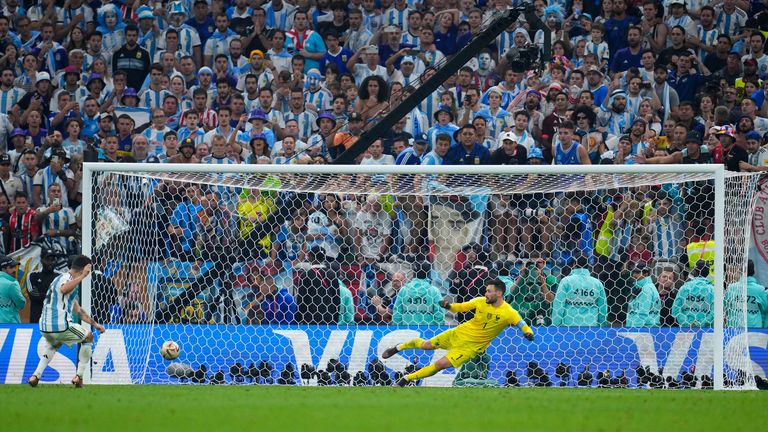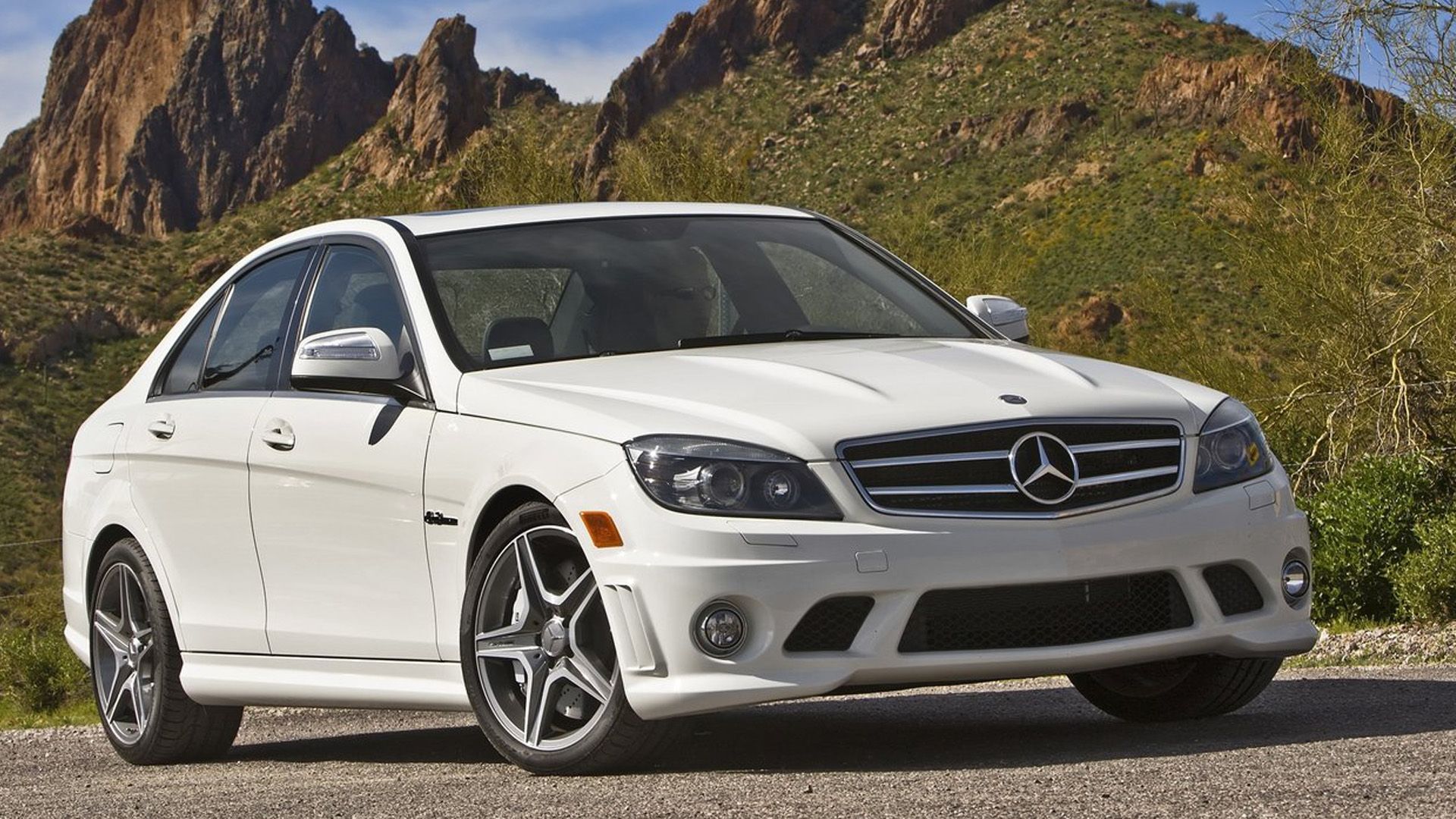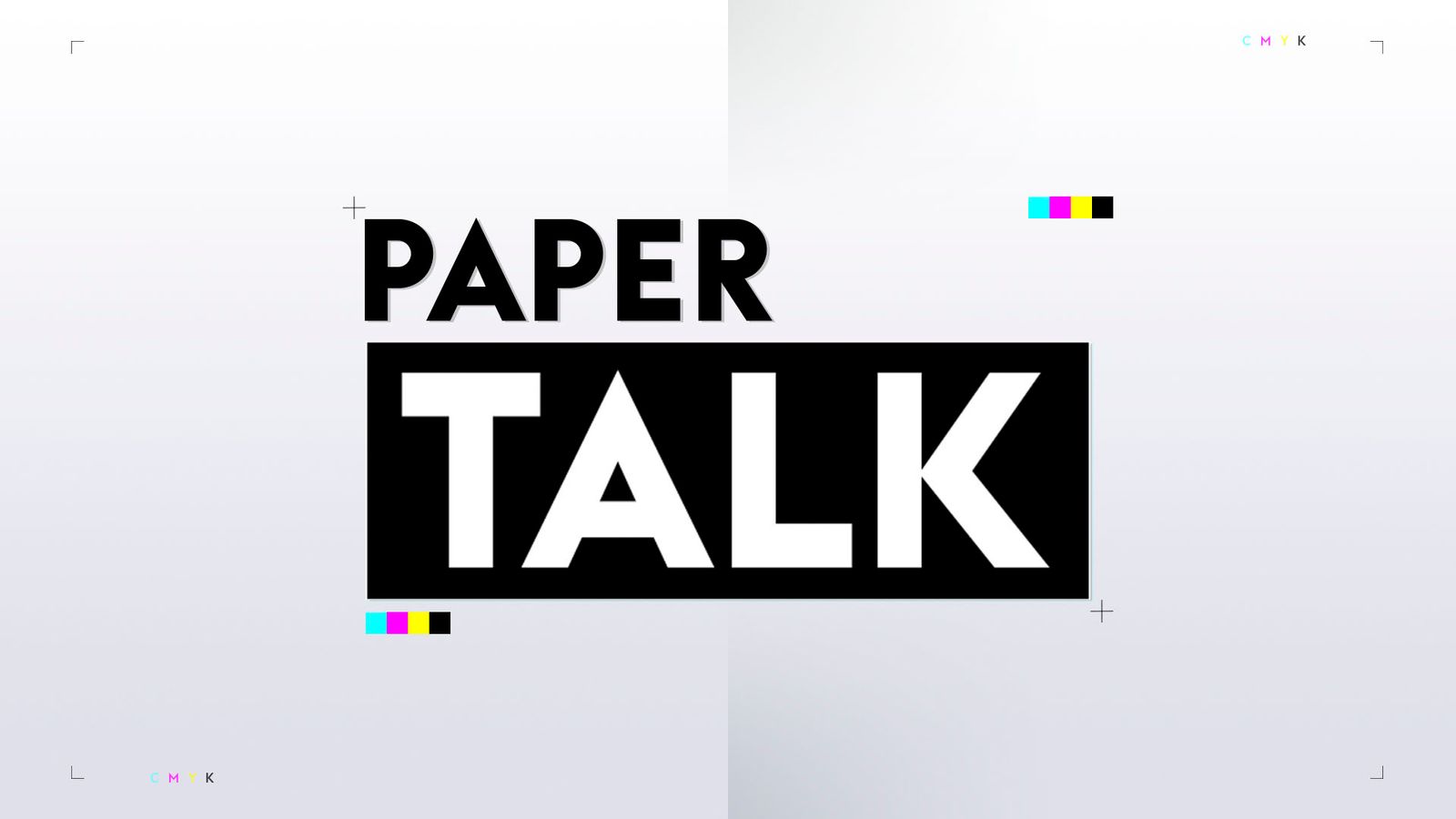Saudi Arabia 2034 World Cup: Hammad Albalawi denies sports washing behind bid to host tournament

The man in charge of Saudi Arabia’s bid to host the 2034 World Cup says sports washing has nothing to do with their plans and denies the FIFA process to award hosting rights has been a sham.
Speaking in his first broadcast interview, Hammad Albalawi said a World Cup in Saudi Arabia would be “magical” and LGBTQ+ fans would be welcomed as guests.
While acknowledging widespread concerns about human and workers’ rights in his country, he said “giant strides” are being made on social reforms. He also revealed Saudi Arabia would be willing to host the alcohol-free tournament in the summer and has not ruled out a bid for the Women’s World Cup.
Saudi Arabia published its bid in August after FIFA controversially fast-tracked the process for hosting the 2030 and 2034 World Cups. Even though Saudi Arabia are the sole bidder for 2034, FIFA will carry out an inspection visit next month before the Gulf state are confirmed as hosts at the FIFA Congress on December 11.
“We are on a journey of remarkable transformation,” Albalawi said. “It’s the natural next step for us to aspire to bring the World Cup to Saudi Arabia and we’re very excited about it.”
Steve Cockburn, Amnesty International’s Head of Labour Rights and Sport, said: “Awarding the 2034 World Cup to Saudi Arabia without huge human rights reforms would guarantee that the tournament will be scarred by exploitation, discrimination and repression.”
A Stonewall spokesperson said: “Hosting the 2034 FIFA World Cup will put Saudi Arabia in the global spotlight. This is an opportunity for the international and sporting community to challenge Saudi Arabia on human rights and equality issues and keep calling for change even after the final whistle is blown.
“Major sporting events like the World Cup have the unique power to bring people together, but right now, LGBTQ+ fans will feel unsafe at the prospect of attending the 2034 tournament. We urge FIFA to prioritise safety for everyone, including LGBTQ+ people.”
Sky Sports News has also contacted FIFA for comment.
‘Doing this for our people’
Hosting the World Cup appears to be a key pillar of Saudi Arabia’s ambitious plan to make itself a major player in the world of sport. Since 2018 it has been using its oil wealth to invest in sports including football, boxing, Formula 1 and golf.
Saudi Arabia says its investments are part of a drive to diversify its economy and encourage its citizens to become more active. Critics, including Amnesty International, say sport is being used to detract attention away from the country’s poor human rights record.
“We’re not doing this to make a headline, we’re doing this for our people,” Albalawi said. “We are a young nation seizing this opportunity and making the best out of it. We are investing to make sure that Saudis live longer and happier lives and that’s something that we’re very proud of.”
Amnesty International has accused Saudi Arabia of “blatant sports washing” but Albalawi dismissed a direct question about whether his country was using sport to launder its reputation and image around the world.
“This has everything to do with meeting our sporting objectives, welcoming fans and becoming the best versions of ourselves,” he said. “We are doing this for the growth of our people.”
‘All guests will be respected’
Same-sex relations are illegal in Saudi Arabia and the UK Foreign Office advises all couples to be aware of local customs and avoid showing affection in public. Being transgender is not recognised in Saudi Arabia.
Article 4 of FIFA’s Statutes strictly prohibits discrimination of any kind based on sexual orientation. Echoing a line which was frequently used by the organisers of the 2022 World Cup in Qatar, Albalawi says all visitors are welcome in his country – now and in 2034.
“You will be respected,” he said. “You will be welcome in Saudi Arabia and that respect and welcome is to everyone from all around the world. We respect the privacy of all of our guests. We have seen millions of guests come to Saudi Arabia in the last few years.
“We’ve hosted over a hundred sporting events attended by more than three million fans who have enjoyed their experience. People need to educate themselves about the Kingdom and the best way to do that is to come and visit. They will find hospitable Saudis. We would love to receive all of our guests.”
As well as the 2034 World Cup, Saudi Arabia is hosting football’s 2027 Asian Cup, the 2029 Asian Winter Games and the 2034 Asian Games. It also has long-term ambitions to host more major events, including the Women’s World Cup.
“Our primary objective today is to deliver a bid for the 2034 World Cup,” said Albalawi. “Our ambitions are greater, our sporting ambitions are greater and we will welcome all opportunities to participate in hosting the greatest sporting events.”
Saudi set to host 48-team, alcohol-free, winter tournament?
The 2034 World Cup will be the first time an expanded 48-team tournament is held in one country. Saudi Arabia has already embarked on a massive infrastructure investment programme and Amnesty has warned that a World Cup which will require 15 stadiums and more than 100 training sites raises the risk of serious labour abuses.
“In the last eight years we have seen over 150 reforms, most of which have happened in the area of social reforms, providing more opportunities for women and protecting the rights of workers,” said Albalawi. “For example, the wage protection system which came live as per the Vision 2030 programme. The abolition of the kefala system, giving freedom of movement for workers.
“All of these are examples of the giant strides we have already taken. We are at a very different starting point. We have a long way to go and we are fully committed to delivering all our obligations for our people and for our vision.”
It seems more than likely that the 2034 World Cup will have to be played in the winter again, like the 2022 Qatar World Cup which was played in November and December. Although the temperature regularly rises above 40 degrees during the day in the Saudi summer, the bid insists that it can deliver a tournament in June and July if that is what FIFA wants.
“We are ready to have this conversation with the football family,” Albalawi said. “Ultimately, it is a FIFA decision with the confederations, the leagues and the FAs. We will be part of this discussion in due time. The football calendar has been decided up until 2030. Beyond that, the conversation is yet to happen. We’re ready to host whenever it is asked of us.”
Although 2034 is 10 years away, two things are already certain. One, that the tournament will be in Saudi Arabia and two, that the tournament will be alcohol-free. It is illegal to drink alcohol in Saudi Arabia and there are no plans to relax the strict laws for the World Cup.
“We have hosted over a hundred sporting events, welcoming three million sports fans with no alcohol,” Albalawi said. “They have enjoyed their time and discovered what Saudi has to offer – entertainment, art, music, culture and heritage.”
Amnesty: FIFA has no excuse
Critics say FIFA has been seduced by what Saudi Arabia has to offer, so much so that it appears the bidding process was fast-tracked, and deals were done behind closed doors, to ensure that there was only one bidder for 2034.
“I can tell you we are following the public process,” Albalawi said. “The bid process was open for everyone and we put forward our name. We have committed to all the obligations that were asked of us. We are very much committed to having an open conversation. Our football industry is open, everyone can come and see what we have to offer. This isn’t about making things up or creating headlines, this is real.
“Let’s put some context to this. Twelve of the last World Cups have been hosted in Europe, five in South America, two in Asia and one in Africa. This is about creating opportunities for people. Sixty per cent of the global population lives in Asia. This is an opportunity for us to grow the game in new regions.”
Steve Cockburn, Amnesty International’s Head of Labour Rights and Sport, said: “Awarding the 2034 World Cup to Saudi Arabia without huge human rights reforms would guarantee that the tournament will be scarred by exploitation, discrimination and repression.
“Without a shadow of doubt, workers will die, activists will be arrested and fans will face discrimination. FIFA has no excuse. It claims to have introduced human rights standards into its World Cup bidding process but knows very well that there have been no real improvements in Saudi Arabia.
“According to its own policies, FIFA should refrain from awarding World Cup hosting rights until binding commitments to improve human rights protections are fully agreed.”
Related
10 Used European Sports Sedans That Are Cheaper Than A…
When shopping for a new midsize sedan, the Toyota Camry is often a top choice thanks to its reliability, fuel efficiency, and practicality. However, for the s
Man City: LaLiga files complaint to EU Commission alleging Premier…
LaLiga president Javier Tebas says the Spanish league has filed a legal complaint to the EU Commission, alleging that Manchester C
Fastbreak AI Acquires Barcelogic, Expanding Presence in European Sports Schedule…
Acquisition Strengthens Fastbreak's Reach Across European Leagues and Grows Customer BaseCHARLOTTE, N.C. & BARCELONA, Spain, Fe
Ben White holds talks with Thomas Tuchel over potential England…
The top stories and transfer rumours from Tuesday's newspapers...THE SUN Ben White has held talks with Thomas Tuchel over a potent















